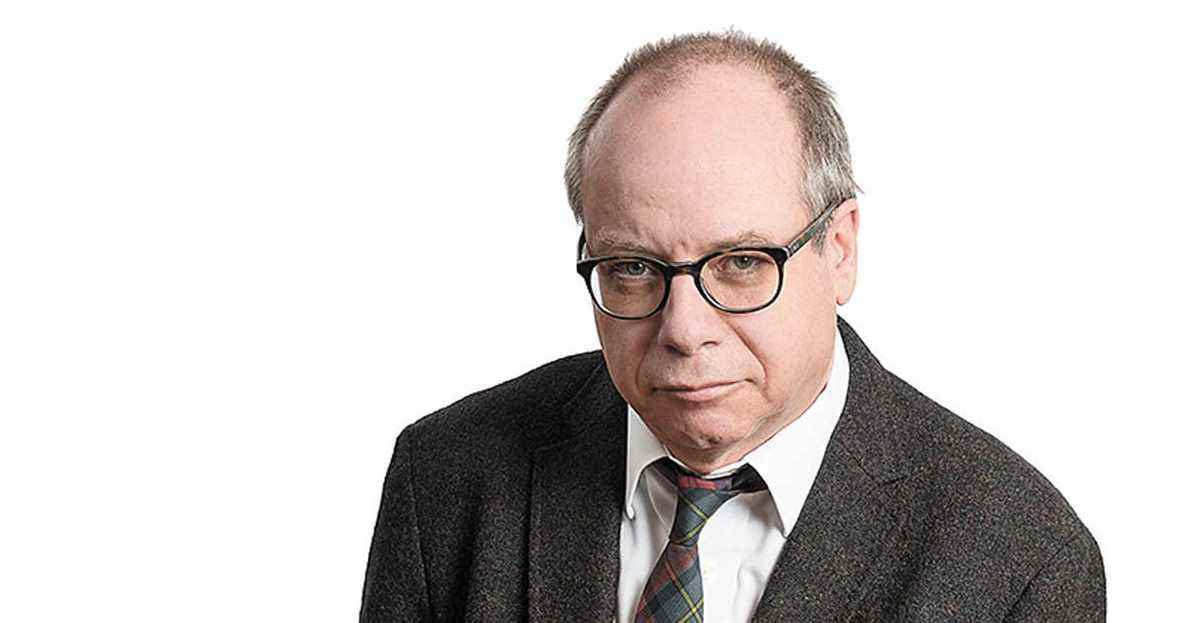An extraordinary economic performance allows the Legault government to pay at the beginning of 2022, an election year, an exceptional benefit totaling more than 700 million to 3.3 million low- and modest-income Quebecers to mitigate the effect of inflation.
The Minister of Finance, Eric Girard, who delivered his economic and financial update Thursday, never thought about the electoral deadline, he said, without being able to believe it. This check for $ 400 for a couple and $ 275 for a single person will work. The Legault government also gives the impression that it is taking concrete measures to remedy a surge in inflation that it believes, like the Bank of Canada, to be temporary.
The growth forecast for the year will reach 6.5%, and 10.8% if we add inflation, a figure which fixes the autonomous revenue of the State. The Minister of Finance is benefiting from an extraordinary situation. Eric Girard explained that he could count on a windfall of 6 billion more than what he planned in his March 2021 budget. Half is devoted to new spending and the other half comes in debt reduction. In fact, the Legault government can count on an additional $ 9 billion, due among other things to an increase of $ 2.6 billion in federal transfers, related in particular to childcare services, and is committing $ 5 billion in spending more and more. years. A priority is needed: the health budget will be increased by 6%.
Quebec has done better than the rest of Canada, better than the American states. To explain the phenomenon, the Minister cited the respect for health rules demonstrated by the Quebec population, the high vaccination rate as well as the adaptability and resilience of our businesses. We must also recognize that the measures to support economic activity put forward by the Caquista government, combined with strong support from the federal government, have borne fruit. What belongs to Caesar must be returned to Caesar.
In fact, the Minister of Finance was particularly reassuring about the rest of things. Hit hard by the first wave of the pandemic, the Quebec economy resisted the second wave better, then it adapted better and better to the subsequent waves. After the record growth this year, the former banker forecasts a solid 3.3% increase in GDP in 2022.
Thus, the structural deficit, which appears in the budget documents as the gap to be closed for the next few years, was reduced by 3 billion to 4 billion. Eric Girard still plans to achieve a balanced budget for 2027-2028. In fact, if we rely on the graph presented by the ministry, we will return from 2023 to roughly the same debt-to-GDP ratio before the pandemic, i.e. 43%.
But beyond this particularly opportunistic maneuver represented by the arrival of this check in the cottages in January – a bit paternalistic, the minister does not want to give this gift before Christmas to prevent it from being flamed – this minibudget had to respond to economic challenges much more serious than a temporary surge in inflation. Labor shortages worsened further in August: the latest Statistics Canada data show that there are 200,000 vacant positions in Quebec, 50,000 more than at the start of 2021. Paradoxically, 100,000 Quebecers fewer are employed compared to the pre-pandemic situation.
To counter the scarcity of labor, the minibudget provides for measures estimated at 3.4 billion in five years, including nearly 900 billion in 2022-2023. The Legault government will offer particularly attractive scholarships – $ 9,000 at CEGEP and $ 15,000 to $ 20,000 at university – in certain disciplines. To meet public service needs, scholarships will be paid to students enrolled in health and social services, education and daycare programs. Students in engineering, information technology and training for construction workers will also be favored. It will be several years before we know whether this singular strategy works.
Note the increase in the tax credit for childcare fees paid to non-subsidized daycare centers. Parents will find themselves paying the equivalent of the $ 8.50 per day rate charged by subsidized childcare services. This can only be a transitional measure: these lower quality commercial daycare centers must be converted or replaced by early childhood centers.
